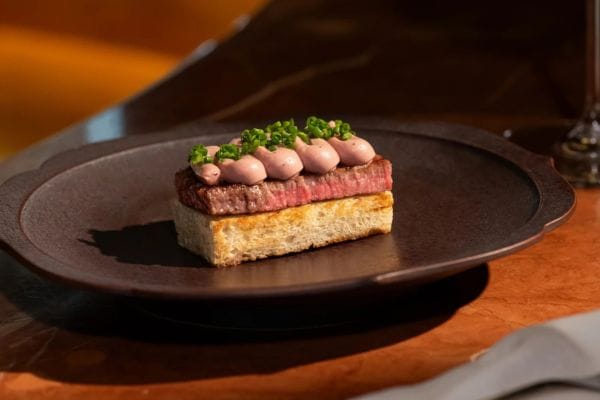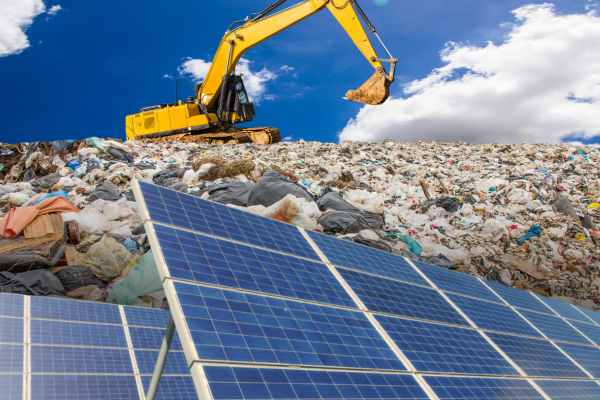Vow prepares to plate up
Lab-grown meat has cleared its final hurdle in Australia, marking the end of a lengthy process of scientific review and public consultation.

In an Australian first, food regulators have approved the sale of meat grown from animal cells, opening the way for startups in the space.
Food Standards Australia New Zealand (FSANZ) granted approval of cell-cultured products from Sydney-based food tech company Vow in April, triggering a 60-day review period by state and territory food ministers, which has now concluded.
The decision clears the way for Vow to offer its cultured Japanese quail to local restaurants under its Forged brand. Until now, the company has only been able to sell its products to high-end venues in Singapore and Hong Kong.
Vow’s products won’t be appearing in supermarkets initially. Instead, its first offerings – a creamy parfait and a foie gras-style spread, both grown from quail cells – will appear on the menus of select high-end restaurants in Sydney and Melbourne in July.
The company is targeting chefs as early adopters, positioning its creations as a new category of ingredient rather than a meat replacement.
"After a year of turning heads (and making mouths water) in Singapore, our very first product is finally landing at home. And no – it’s not chicken, beef or pork," Vow said in a social post.
"We started with Japanese quail because it offered something different: a lighter texture, deeper flavour, and a totally new way to experience meat. Not a copy, not a substitute – something original.
"From that one ingredient, we’ve made a handful of decadent things that chefs are already getting excited about. All made in Sydney. All coming to menus soon."
"After a year of turning heads - and making mouths water - in Singapore, our very first product is finally landing at home."
Vow’s cultivated meat is grown from a small tissue sample in a custom 20,000-litre stainless-steel bioreactor in its Sydney facility. The cells are removed after several weeks and transformed into products.
The process mimics natural cell growth, producing real meat without the environmental or ethical toll of traditional agriculture. Vow positions its cultivated meat not as a direct competitor to traditional meat, however, but as a new food experience that can help reduce land use, water consumption, and greenhouse gas emissions.
By focusing on lesser-known species and premium formats, the startup says it hopes to gradually shift food culture toward more sustainable options.
With an estimated 150 startups around the world working in the space, the regulatory approval brings Australia in line with early adopters like Hong Kong, Singapore and the United States.
Resistance, however, persists in some parts of the world, including several US states and Italy, where bans have been introduced.
Early movers
Vow is not the only local startup in the space. Melbourne-based Magic Valley is also preparing for commercial production, having recently showcased its cultivated pork and lamb products at the NSW Parliament and on national TV where its products appeared in the latest season of Eating Plants on SBS.
"The purpose of the event was to show them this is not science fiction; this is high-tech agriculture that is not a million miles away – it’s here now," the company said.
Magic Valley is now seeking funding to build its first manufacturing facility and is exploring regional locations with this in mind, and is also seeking to raise $3 million to help fund the new facility.
"We’re looking to explore any state that is willing to provide support in setting up that first manufacturing facility – most likely in a regional area," the company said.
"The benefits are around the local economy, job creation not just in high-skilled technical jobs but in manufacturing and supply chain as well."
Vow produces its cultured quail at a Sydney facility equipped with a custom 20,000-litre bioreactor known as Andromeda. First it collects a small sample of cells from an animal and then adds these to its library. These cells are then grown in a micronutrient broth inside the bioreactor where they multiply. The cells are removed after 79 days and transformed into products.





